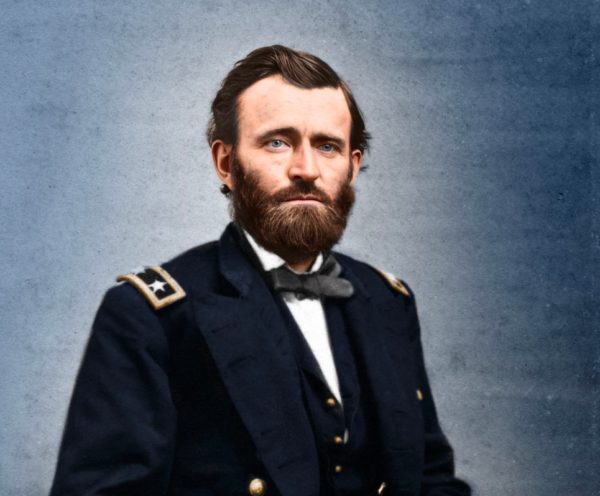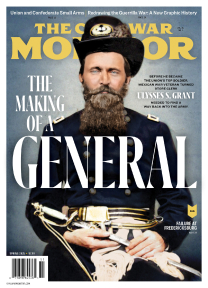On New Year’s Eve 1862, 24-year-old William Thompson Lusk, a captain in the 79th New York Infantry, wrote to his sister about the year gone by—and the one to come.
“I am determined to be good-humored in bidding farewell to the old year, notwithstanding it is responsible … for so many disasters,” he wrote. “If all the hopes so fondly entertained at the beginning of the year have not been realized, we know at least that Providence doeth all things well, if not exactly as man would have it.”
Lusk’s rather upbeat words are remarkable given their context. Eighteen days earlier, at the Battle of Fredericksburg, Union forces had been defeated soundly. When Lusk wrote his mother about the battle on December 16, he was in a much different space: “Gone are the proud hopes, the high aspirations that swelled our bosoms a few days ago. Once more unsuccessful, and only a bloody record to show our men were brave. This cannot heal the broken hearts this pitiful record is to cause.”
For a while now, I’ve made it a habit to read both of Lusk’s letters—that to his mother of defeat and despair, and to his sister of acceptance and hope renewed—when it’s time to turn the page on another year. They’re a good reminder to keep past (and future) misfortunes in proper perspective. But they’re also strong evidence of the enduring promise of positive change the new year offers. Here’s hoping 2024 brings good tidings to us all.
* * *
Speaking of changes in the new year, we’re excited about a few coming to the Monitor. You can see two of them in this issue: the return of our Travels department (p. 12) and the introduction of a new, semi-regular column, “Observatory” (p. 22).
We’ve reimagined our Travels department, which has not appeared since the arrival of Covid-19 in the spring of 2020; going forward, it will map out short and efficient trips to different Civil War history locales. First up: Gettysburg!
“Observatory,” by Monitor editorial advisor Matthew Christopher Hulbert, will explore how legacies of the Civil War have lived on through pop culture. In the first installment, he looks at how episodes of the TV show The Twilight Zone portrayed the conflict during the Centennial. (For fans of Tracy Barnett’s “Fighting Words” column, not to worry—it’ll be back in our summer issue.)
Lastly, big changes are also brewing at our website CivilWarMonitor.com. See the announcement on page 71 for details.



